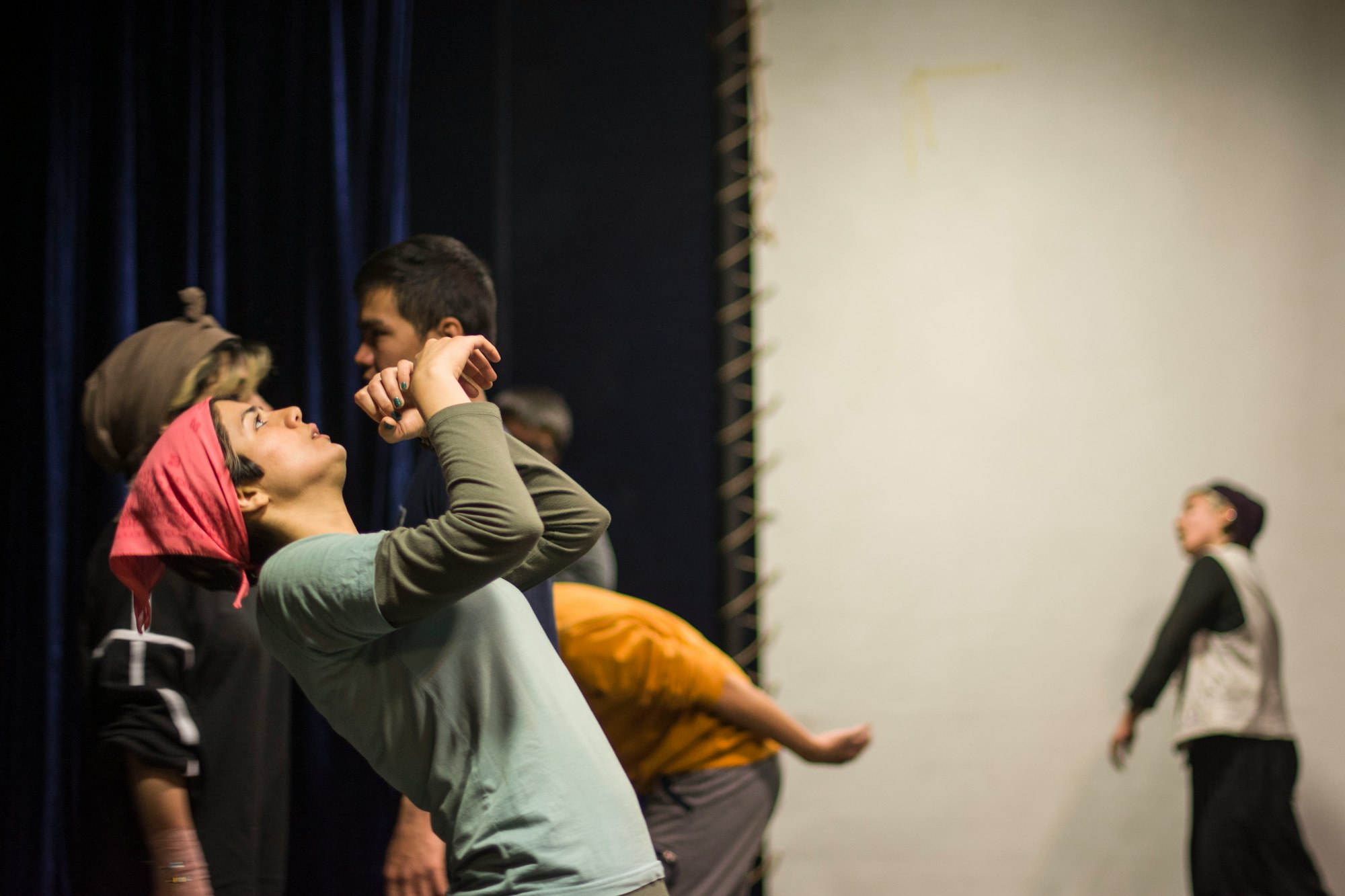How to Get Started in Improv Theatre

Theatre is one of the oldest forms of art, dating back to the ancient Greeks and Romans (and presumably far before). Lots of different styles of theatre exist, but our personal favorite is improvisational theatre.
Improvisational theatre, or improv for short, resembles traditional scripted theatre, but without the script. Performers move, speak, and react without having prior knowledge to what will happen. It's an excellent method to explore theatre, make friends, and have fun. Here are a few ways to get started:
Attend improv shows to get a feel for the format and see if it's something you're interested in.
Now that you’ve attended the show, did you enjoy the style? If you’re interested in starting improv classes to improve your long-form abilities, perhaps a sketch show would not be the best to attend. On the other hand, if you want to practice improv so you can expand your writing capabilities, a theatre that performs both improv and sketch would be best for you! However, do not limit yourself to forms you’ve seen before. The beauty of improv is being able to innovate and create unique forms based on what works best for you and your partner or team.
Look for improv classes or workshops in your area.
The best way to find an improv class or workshop that would interest you is to actually go one step further than simply searching “improv classes near me” in your search bar. Instead, you should first become familiar with the style of improv you would like to learn. There are many different teaching styles and philosophies, and the last thing you want to do is pay for a class that you won’t enjoy or find useful to you! To find a class that aligns with your interests, make sure you are attending improv shows! This way, you see the final goal of what this program is trying to teach. When you find a show you enjoy, check out the theatre’s training center, or follow the actors on social media. Often enough, the actors themselves will put on workshops or promote their classes through their personal pages. In larger theatre spaces, they will often share individual bios and backgrounds of the people involved in the performance. This is a great way to learn more about programs the actors found useful enough to mention and find how to follow them on socials!
If you're a theater looking to produce improv classes, Fourth Wall Tickets is a platform specifically designed for theaters to create, manage, promote, and sell classes (and shows).
Talk to people who are involved in improv theatre to get their insights and advice.
Every improv teacher brings a new experience and perspective to the craft. Some teachers prefer to emphasize the art of slow comedy while others will recommend slap stick. If you have a preference, or are completely ambivalent to either approach, asking people you trust to know your style will help narrow down your options. Having friends who have taken programs you’re considering, or what they know about teachers you’ve heard of, will help you feel more confident about your decision.
Attend improv jams to hone your skills and meet other performers.
An improv jam is a show designed to help new performers get on stage and perform at any level. An experienced teacher will also be there to help emcee the show, offer any advice, and help welcome the new performers to the craft. Oftentimes, teams are created by throwing names in a hat, or new teams will attend and perform together too. Attending these shows is a great way to meet other people who are also looking to create a team, and it’s an excellent opportunity to network with other performers.
When you're ready to start performing, attend shows, ask around, or create your own opportunity!
Unless you are already close with a show producer, you will not be invited to perform in a show you or your teammates have never attended. If your goal is to get on a stage at one of your favorite shows, make sure to introduce yourself to the hosts and share your intentions to perform. The worst they can do is recommend another opportunity, as the community is supportive of new teams! Theatres that have teaching programs will often host shows specifically featuring new teams, so make sure to network with your teachers as well. Of course, there is always the option of producing your own show! Thankfully, improv is flexible and can take place anywhere. Host a show in your spacious living room, backyard, or even your cozy rooftop. Spread the word to your friends, and before you know it, they’ll be asking you how to get involved too!
Overall, improv is a fun and freeing art form. So take a risk and see a show or try signing up for a class. You'll have a great experience either way!
